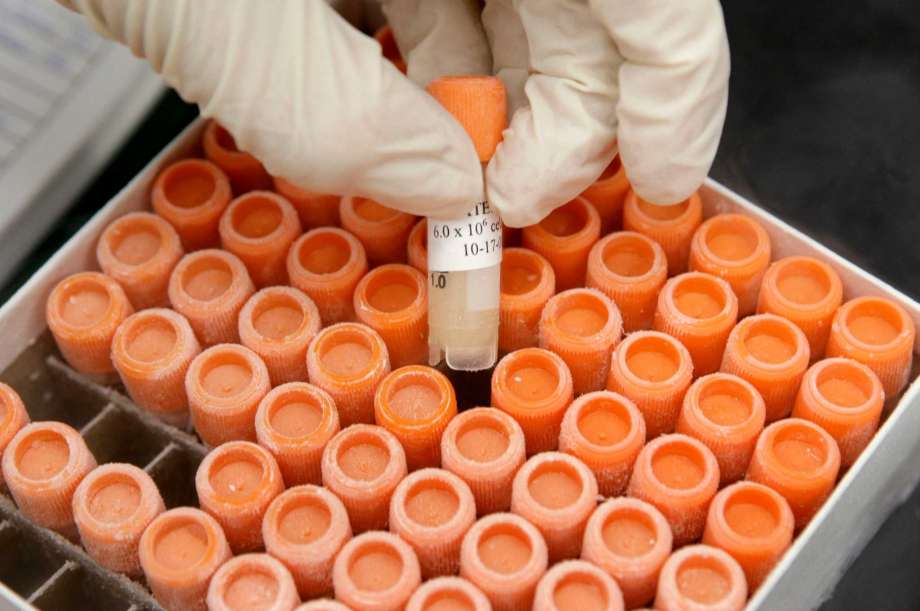Stem cell therapy clinics have been described as a “Wild West” in U.S. healthcare, but the FDA is coming forward to remind those tinkering in the field that there is in fact a sheriff in town.
On Monday, the agency announced stepped up efforts to shut down facilities and companies peddling stem cell therapies that haven’t been cleared through the normal rigorous processes.
“The F.D.A. will not allow deceitful actors to take advantage of vulnerable patients by purporting to have treatments or cures for serious diseases without any proof that they actually work,” said Scott Gottlieb, MD, the FDA commissioner, in a statement by released the agency.
The announcement follows regulatory actions taken against a pair of stem cell clinics last week.
The Marshals Service raided StemImmune Inc., located in San Diego, seizing several vials of live vaccinia virus. Typically reserved for individuals at high risk of smallpox, the vaccine was being administered to treat cancer patients.
U.S Stem Cell Clinic, located in Sunrise, Florida, was sent a warning letter by the FDA. Addressed to Kristin Comella, PhD, the company’s chief scientific officer, the letter detailed alleged shortcomings in quality control and sanitary conditions and further accused the company of barring inspectors from entry. U.S. Stem Cell Clinic denied the charges.
U.S. Stem Cell Clinic made the news earlier this year when three patients claimed they were made blind by a procedure at the facility.

(Image credit: Associated Press/Paul Sancya)
Gottlieb stresses that the crackdown isn’t against the whole field of stem cell research, noting that the “unscrupulous actors” impede the efforts of legitimate healthcare professionals.
“Products that are reliably and carefully developed will be harder to advance if bad actors are able to make hollow claims and market unsafe science,” insisted Gottlieb.
While some decried the FDA actions as heavy-handed government control of the marketplace, many more hailed it as valuable protection for the field of stem cell therapy as it increasingly moves from research to marketable procedures and devices.
“I see this is a major, positive step by the FDA,” Paul Knoepfler, a University of California, Davis professor of cell biology, told NPR. “I’m hoping that this signals a historic shift by the FDA to tackle the big problem of stem-cell clinics selling unapproved and sometimes dangerous stem cell ‘treatments’ that may not be real treatments.”
Filed Under: Industry regulations




